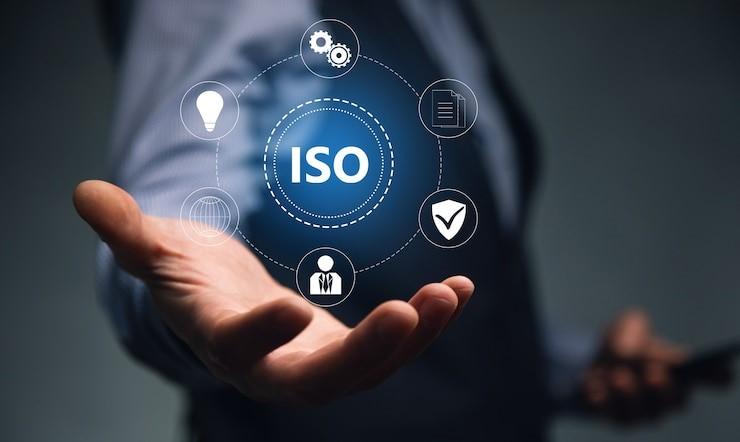Notifications

3 minutes, 16 seconds
-24 Views 0 Comments 0 Likes 0 Reviews

Introduction to ISO 17025 Training
ISO 17025 training is specifically designed for professionals working in testing and calibration laboratories, aiming to ensure they understand and effectively apply the requirements of the ISO/IEC 17025 standard. This international standard outlines the general requirements for the competence of testing and calibration laboratories and is crucial for ensuring the accuracy and reliability of lab results. As global industries increasingly rely on precise measurement and testing, ISO 17025 training empowers labs to operate with technical proficiency and gain international recognition.
Core Objectives of ISO 17025 Training
The primary goal of ISO 17025 training is to develop a deep understanding of the standard’s key components, including management system requirements and technical competence. Participants learn how to manage equipment calibration, ensure traceability of measurements, handle test method validation, and maintain impartiality. This training is essential for both new laboratories aiming for accreditation and established ones looking to maintain or improve their compliance status. It also promotes consistency in testing, a cornerstone of scientific and industrial credibility.
Types of ISO 17025 Training Programs
ISO 17025 training is typically offered in various formats to suit different professional roles. Awareness training introduces the standard’s purpose and benefits, ideal for general staff. Implementation training is more hands-on, guiding participants through the steps needed to align their lab processes with the standard. Internal auditor training focuses on how to evaluate a lab’s own system for compliance and improvement, while lead auditor training prepares individuals to conduct third-party audits. These training types can be delivered in-person, online, or in hybrid formats to accommodate organizational needs.
Benefits for Laboratories and Personnel
Training in ISO 17025 enhances a lab’s ability to generate valid results, reduce errors, and boost customer confidence. For personnel, it fosters professional growth and boosts technical competence, making them more valuable in a competitive job market. Accredited labs often gain access to more clients and international contracts, as many industries and regulatory bodies require ISO 17025 certification for service eligibility.
Conclusion: Driving Trust and Technical Excellence
ISO 17025 training is a vital investment in laboratory quality and global credibility. By ensuring that lab personnel are equipped with the knowledge to implement and audit against the standard, organizations can maintain high levels of technical integrity. In a world where precision and reliability are paramount, this training not only supports compliance—it drives excellence and trust across scientific and industrial communities.

